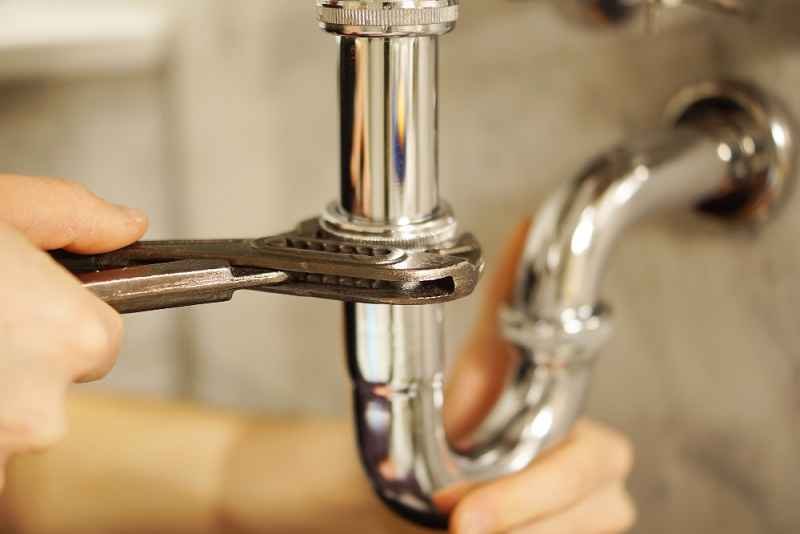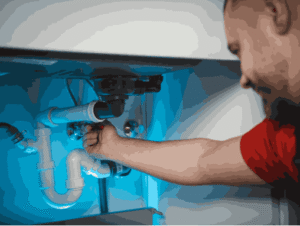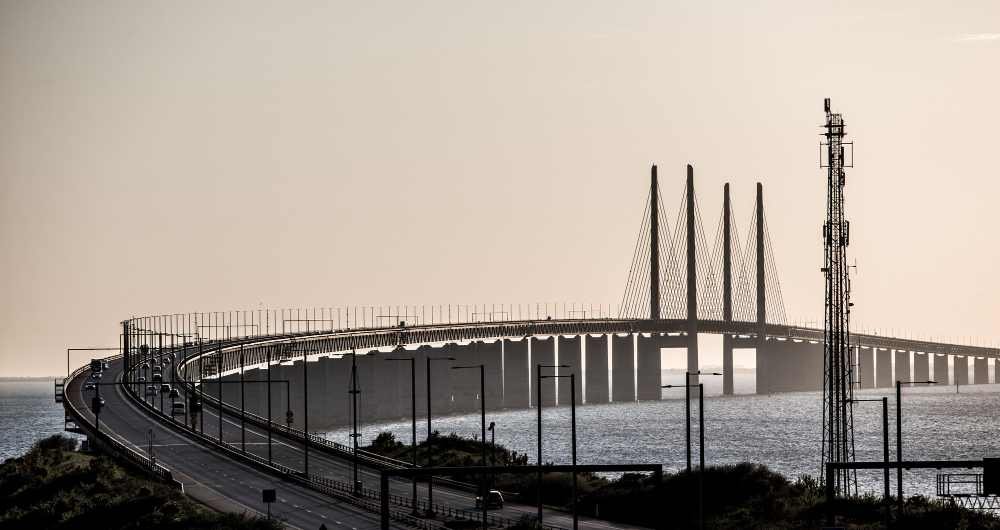Is your drain suddenly slow and sluggish? You might think it’s just some hair or food bits stuck in the pipe, but sometimes it points to much bigger problems.
A slow drain can be an early warning sign of serious pipe issues that, if left alone, can cause costly damage. Knowing what’s going on behind your walls or under your floors is the first step in fixing it.
In this post, we’ll walk you through the top reasons your drain may be struggling and what you can do about it. Keep on reading!
Clogged Drains
Your drain slows down for the most common reason, which is because of clogs. The accumulation of debris within the pipes, such as hair, grease, food, or soap scum, can cause these situations to occur.
Over time, these materials obstruct the water’s ability to flow continuously. There is a possibility that you will observe water pooling in the sink or tub rather than draining quickly.
Whereas some clogs are located closer to the opening of the drain, others are located further down the pipe. It is possible to use a plunger or a drain snake to unclog the drain, but this is only for minor obstructions.
Help from a professional may be required for more severe obstructions. Clogs can become more severe and cause damage to the pipe if they are ignored.
Pipe Corrosion
Pipes made of older metals, such as galvanized steel or cast iron, are susceptible to corrosion over time. Corrosion is the process by which metals gradually deteriorate as a result of their reaction with water and air. This results in rough and narrow surfaces within the pipe, which obstruct the flow of water.
Rust flakes have the potential to break off and cause obstructions in other areas as well. There is a possibility that your pipes are already experiencing this issue if your house is older.
You might even observe water that is discolored or brown. Pipes that have corroded need to be replaced rather than simply cleaned. Putting off this repair could result in leaks or the failure of the entire pipe.
Tree Roots in Your Pipes
Tree roots are extremely receptive to moisture, which is precisely what your underground pipes supply. There are small cracks in your sewer line through which roots can enter and grow quickly.
Their growth causes them to obstruct the flow of water and even cause the pipe to break. You may hear gurgling sounds, smell odors of sewers, or experience backups in the toilets and bathtubs. To fix this, you will need to hire a plumber who is equipped with the appropriate tools.
In some cases, it may be necessary to either remove the roots or replace the pipe. There is a high incidence of root intrusion in older homes that have clay pipes. Regular inspections have the potential to detect this issue at an earlier stage.
Collapsed or Shifted Pipes
Pipes underground can collapse or shift due to age, soil movement, or heavy traffic above. When this happens, water can’t flow freely, and backups occur.
You might notice several drains acting slowly at once. This usually means the problem is with the main sewer line.
It’s not something that can be fixed with store-bought solutions. A plumber may use a camera to locate the damage. Replacing or relining the pipe may be required. Quick action prevents damage from spreading.
Hard Water Buildup
Hard water contains minerals like calcium and magnesium. Over time, these minerals build up inside your pipes. This buildup narrows the pipe and slows down the water flow.
Faucets and showerheads may also show white, crusty spots. Hard water can also reduce the life of your appliances.
A water softener can help prevent this issue. Regular pipe cleaning may also be needed. If left untreated, the buildup becomes harder to remove.
Grease and Fat Buildup
Pouring grease or fat down the drain is a common mistake. When it cools, it hardens and sticks to the inside of your pipes.
Over time, this creates thick layers that trap other debris. Your kitchen sink might be the first to show signs.
Water might drain slowly and smell bad. Hot water and soap won’t break down the grease completely.
A plumber may need to get the pipes cleaned. Avoid future issues by disposing of grease in the trash.
Vent Pipe Blockage
Plumbing systems have vent pipes that release air and help water flow properly. If the vent is blocked by leaves, nests, or other debris, your drain may slow down.
You might also hear strange gurgling noises. Blocked vents can cause pressure issues and water backup.
Vent pipes usually exit through the roof, making them hard to check. You’ll need a plumber to inspect and clear them.
Keeping vents clear is key to a healthy plumbing system. Don’t ignore the warning signs.
Sloped or Improper Pipe Installation
If pipes aren’t installed at the correct angle, water won’t drain as it should. Pipes need a slight downward slope to allow gravity to do its job.
Too flat or too steep, and you’ll have problems. Poor installation can lead to standing water and frequent clogs. This issue is often seen in DIY jobs or older homes.
Replacing or adjusting the pipes might be necessary. A professional can measure the slope with special tools. Getting it right saves money and headaches later.
Sewer Line Blockages
The main sewer line connects your home to the city’s system. If this line is blocked, all drains in the house may slow down.
You might also hear bubbling, smell bad odors, or see water backing up. Debris, tree roots, or damage to the pipe can cause blockages.
Fixing it often requires digging or using specialized tools, which homeowners should not handle alone.
Many people turn to professional plumbing services in Tinley Park to fix serious drain issues. A blocked sewer line can become a health hazard, so don’t wait and call a professional.
Don’t Let a Slow Drain Turn Into Serious Pipe Issues
A slow drain is more than just an annoyance’s a sign that something serious could be happening with your pipe issues. From clogs and corrosion to tree roots and broken sewer lines, many hidden problems can disrupt your plumbing. The earlier you find and fix the issue, the less you’ll have to spend later.
Use this guide to understand what might be going on, and don’t be afraid to call in a pro when needed. Your pipes will thank you, and so will your wallet.
Please browse our website for more! Homethreads







